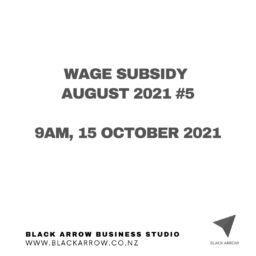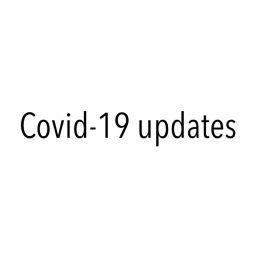
The first application for a Fair Pay Agreement negotiation has been approved. It covers bus drivers, coach drivers and bus transport cleaners. Learn how Fair Pay Agreements can impact employers and understand your obligations during the application phase, even if you’re not in that industry.
The Fair Pay Agreement (FPA) mechanism facilitates a collaborative bargaining process between unions and employer associations within a particular industry or occupation to establish minimum employment conditions for all eligible workers in that sector.
The FPA is required to meet or exceed the relevant minimum entitlements when it is implemented. However, if there is a legal modification that improves the minimum entitlement beyond the terms agreed upon in the FPA, then the improved minimum entitlement will be applied.
Throughout the FPA process, there are various steps that require specific actions from you as an employer.
Upon receiving notification that a union has applied to or been approved to initiate bargaining for a Fair Pay Agreement through the Ministry of Business, Innovation and Employment, it is your responsibility as an employer to communicate with both your employees and unions.
- If an application for a Fair Pay Agreement negotiation is approved, inform all other unions that represent your covered employees.
- Directly provide a statement to your covered employees, which will be provided by the initiating union. This statement should include the name of the initiating union and contact information.
- Offer an opt-out form to your employees, collect the completed forms, and maintain a record of them.
- Provide the contact details of employees who have not opted out of the initiating union.
During the bargaining process, employees are represented at the bargaining table. As an employer, you have certain obligations, including:
- Communicate relevant information from the employee bargaining side to your employees throughout the bargaining process.
- Permit your employees to attend two 2-hour paid meetings, which are organised by the employee bargaining side.
- Grant a representative from the employee bargaining side access to the workplace.
- Notify the initiating union if any employee wishes to opt out or opt in at any point and provide updated contact details for the employee bargaining side.
Upon reaching an agreement on the terms of a Fair Pay Agreement, eligible employees will have the opportunity to vote on the agreement.
This includes employees who may have previously opted out of receiving information about the proposed FPA.
After a Fair Pay Agreement is finalised and legislated, it is applicable to all covered employees and employers. All employers covered under the FPA are responsible for ensuring that the employment agreements of their covered employees meet or exceed the terms outlined in the FPA.
To learn more about Fair Pay Agreements, please visit the Employment New Zealand website.
Fair Pay Agreements — Employment New Zealand
Are you struggling with accounting and business management for your business? We are here to help! Get in touch with us to discuss how our expert services can support your business’s success. Contact us today to schedule a free consultation and see how we can add value to your operations.















